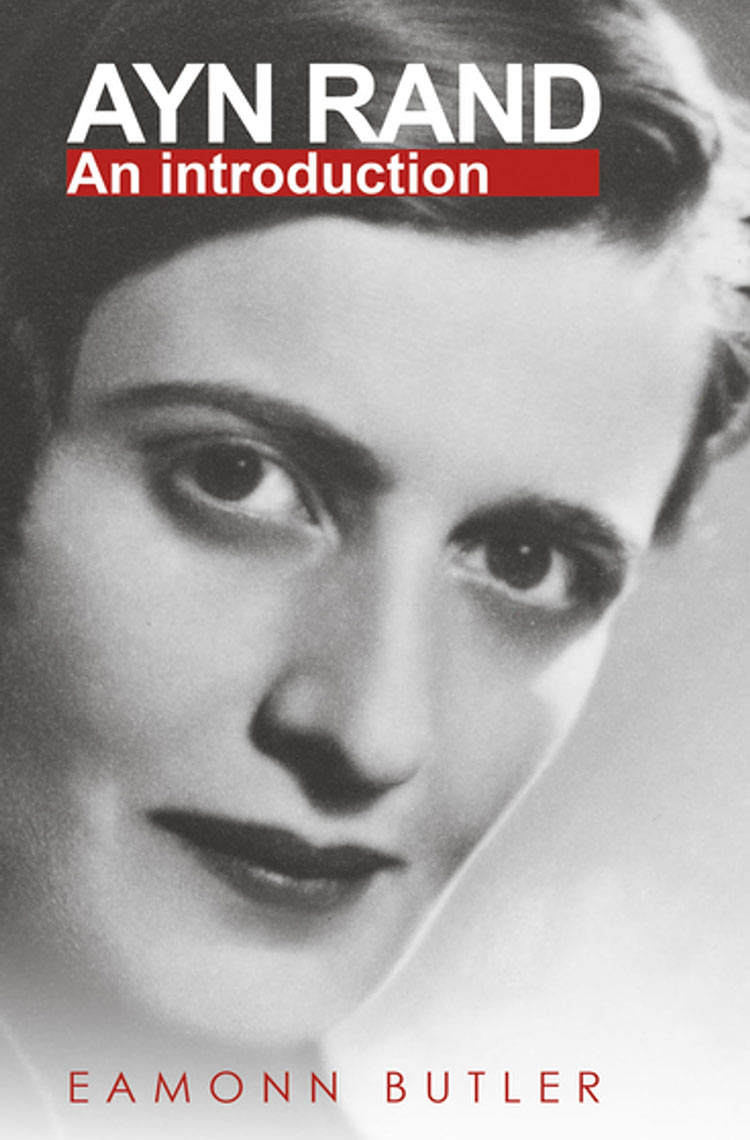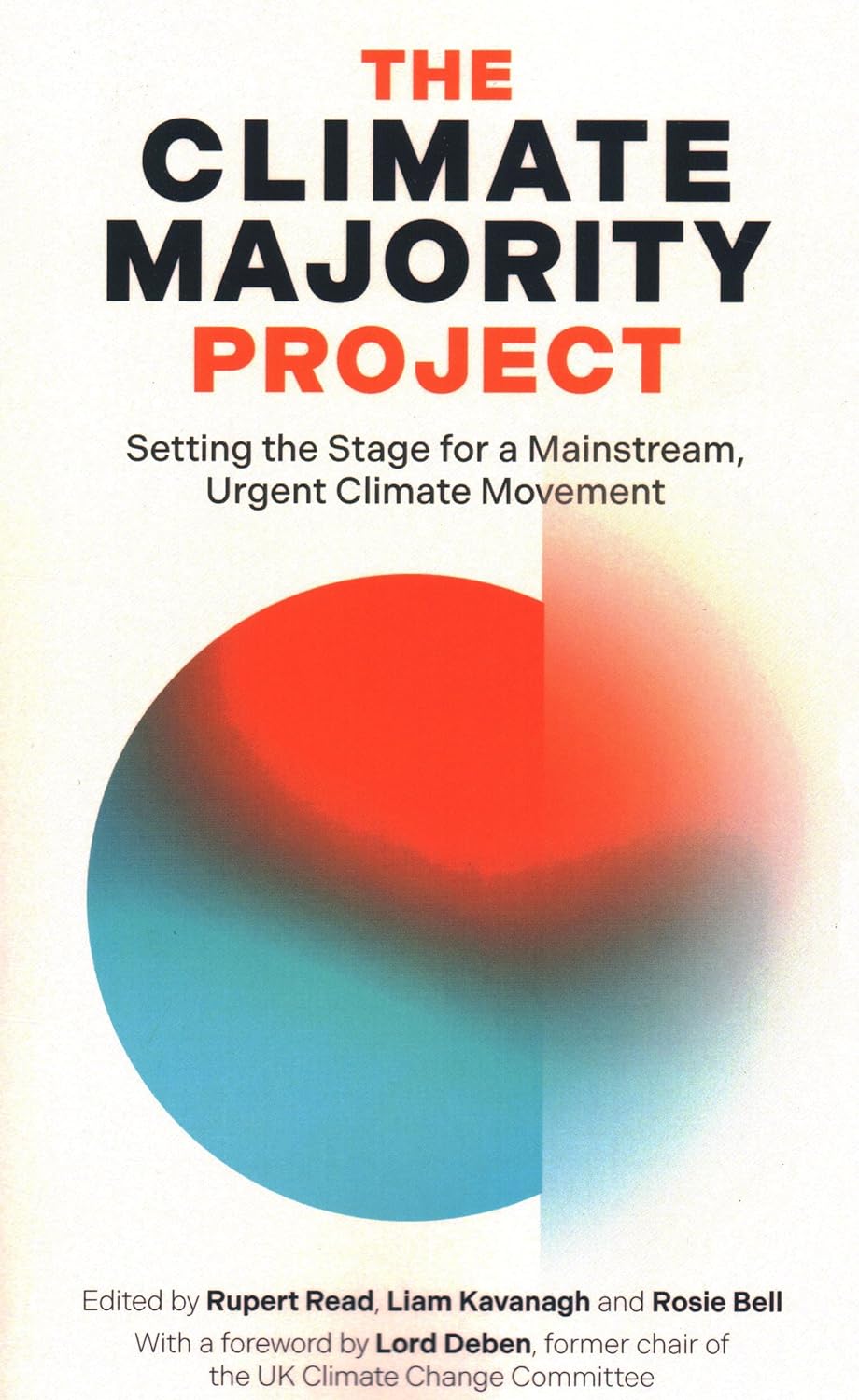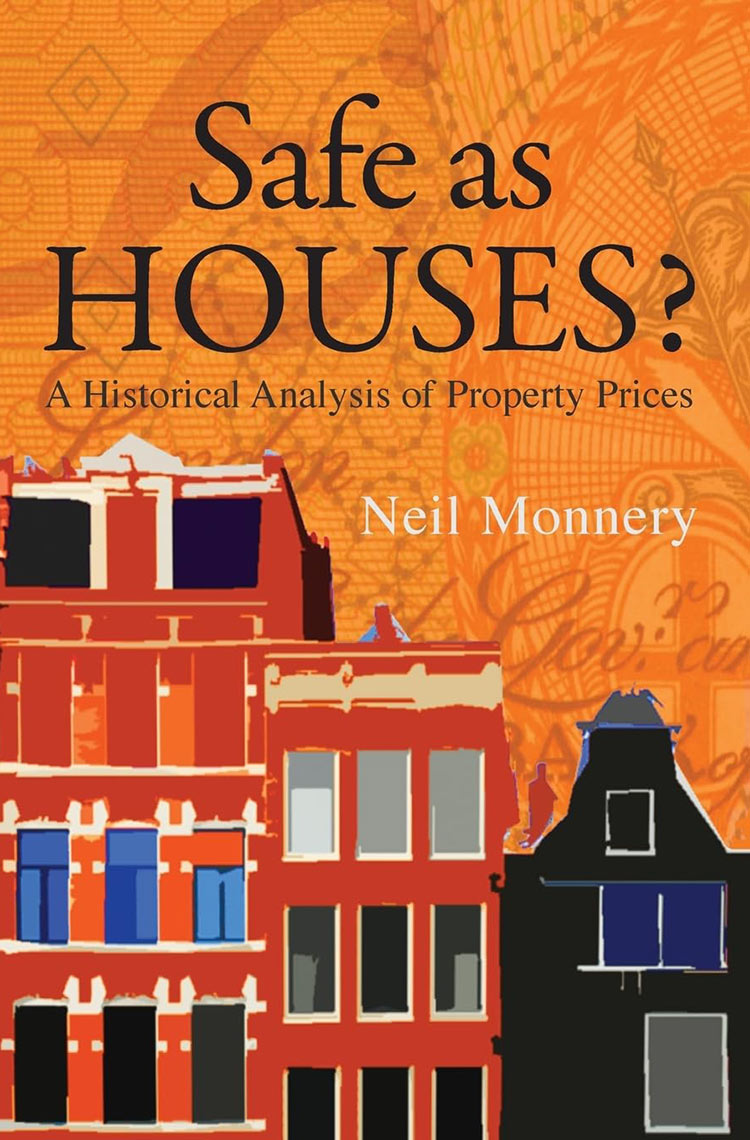Who is Ayn Rand?
Few 20th century intellectuals have been as influential – and controversial – as the novelist and philosopher Ayn Rand. Her thinking still has a profound impact, particularly on those who come to it through her novels, Atlas Shrugged and The Fountainhead – with their core messages of individualism, self-worth, and the right to live without the impositions of others.
Even though ignored or scorned by some academics, traditionalists, progressives, and public intellectuals, she remains a major influence on many of the world’s leading legislators, policy advisers, economists, entrepreneurs and investors.
Why does Rand’s work remain so influential? Ayn Rand: An Introduction illuminates Rand’s importance, detailing her understanding of reality and human nature, and explores the ongoing fascination with and debates about her conclusions on knowledge, morality, politics, economics, government, public issues, aesthetics and literature. The book also places these in the context of her life and times, showing how revolutionary they were, and how they have influenced and continue to impact public policy debates.
Eamonn Butler is Director of the Adam Smith Institute, a leading think tank in the UK. He holds degrees in economics and psychology, a PhD in philosophy, and an honorary DLitt. A former winner of the Freedom Medal of Freedom’s Foundation at Valley Forge and the UK National Free Enterprise Award, Eamonn is currently Secretary of the Mont Pelerin
Society. Butler is the author of many books, including introductions on the pioneering economists Adam Smith, Milton Friedman, F. A. Hayek, and Ludwig von Mises. He has also published primers on Classical Liberalism, Public Choice, Magna Carta, the Austrian School of Economics, and great liberal thinkers, as well as The Condensed Wealth of Nations and The Best Book on the Market. His Foundations of a Free Society won the 2014 Sir Antony Fisher International Memorial Award.





